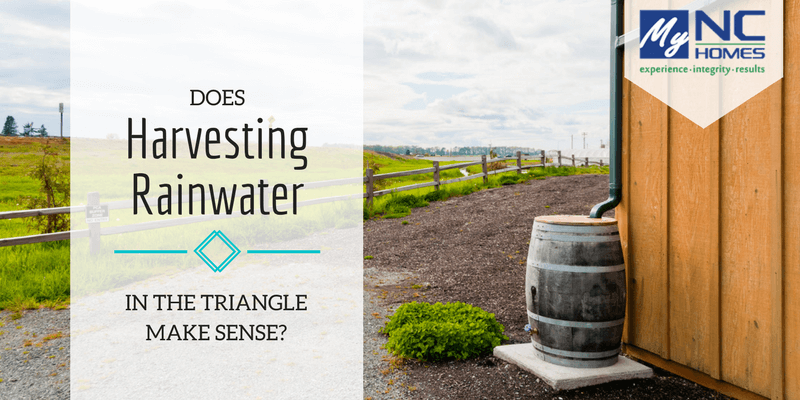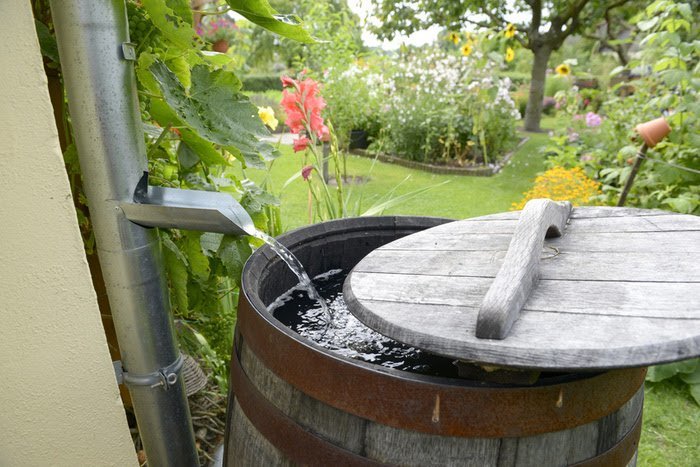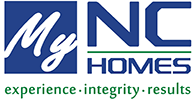
In the Triangle and throughout the Southeast, water is a plentiful resource. Still, for some homeowners, especially those with green thumbs, a rainwater collection system may make sense.
About 46 inches of rain falls each year in the Raleigh-Durham-Chapel Hill area, giving residents a reliable source of water for in-home use as well as for lawns and gardens. Although a rainwater collection system isn't a necessity in this part of the country, it can lessen your dependence on municipal water and reduce some of your utility costs.
Here are some of the benefits of a residential rainwater collection system for Triangle homes:
Automatic Irrigation
Most people who have a rainwater collection system in the Triangle use it to keep their flowers and gardens watered. Some systems can be set up to water plants and flowers around the exterior of the home automatically.
Water from the roof is simply collected in barrels around the house. The barrels are fitted with automatic valves and connected to an irrigation system that waters plants at a predetermined interval. This helps keep plants watered in the event of a dry spell.
Reduces Utility Costs
For the budget-conscious homeowner, a rainwater collection system can be a good way to shave a few dollars off their water bills every month.
Cooking, cleaning, drinking and other in-home uses accounts for most of a home’s water usage. But when it comes to using too much water, the exterior spigot is one of the main culprits. People tend to over-use water when watering plants or washing cars.
A rainwater collection system can help offset this.
Other Non-Drinking Uses
Rainwater can be used for other purposes besides watering plants. Washing cars and pets, watering interior and exterior plants, cleaning tools and paintbrushes, and other tasks that don’t require pure drinking water are all good uses for harvested rainwater.
Homeowners who are especially ambitious can set up a system to flush their toilets with stored rainwater.
But one thing you should not do with rainwater is drink it. The water utilities in the Triangle provide clean, safe drinking water for drinking, cooking and bathing. Collected rainwater may have impurities that make in unsuitable for human consumption.
Setting Up A Rainwater Collection System
When creating your very own rainwater collection system, you first have to decide what you're going to use it for. It's up to you whether you want to go the DIY route or for something a little more high-tech. If you're just planning on using it for the garden, a simple setup like the image above is an easy and affordable option. If you're going to use it in the home, for instance in your toilets, the process is a little more complicated. In order to make the water potable, it will need to go through a few different filtration systems to remove most of the impurities and debris, which will end up costing a little bit more.
While the Triangle does get plenty of rainfall, you never know when a dry spell will occur. The winter of 2016-17, for example, has been particularly dry. A rainwater collection system can help you mitigate that by allowing you to save enough water to keep your plants happy and your car clean during periods of below-average precipitation.
Posted by Larry Tollen on
Leave A Comment